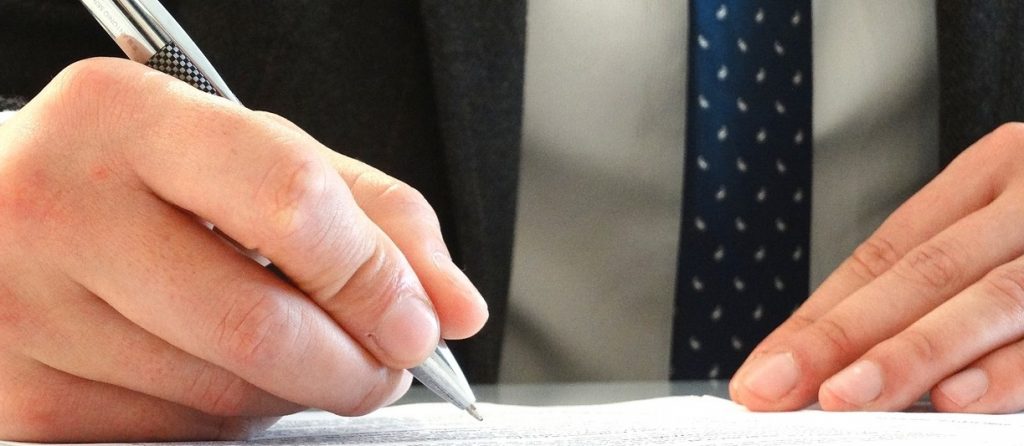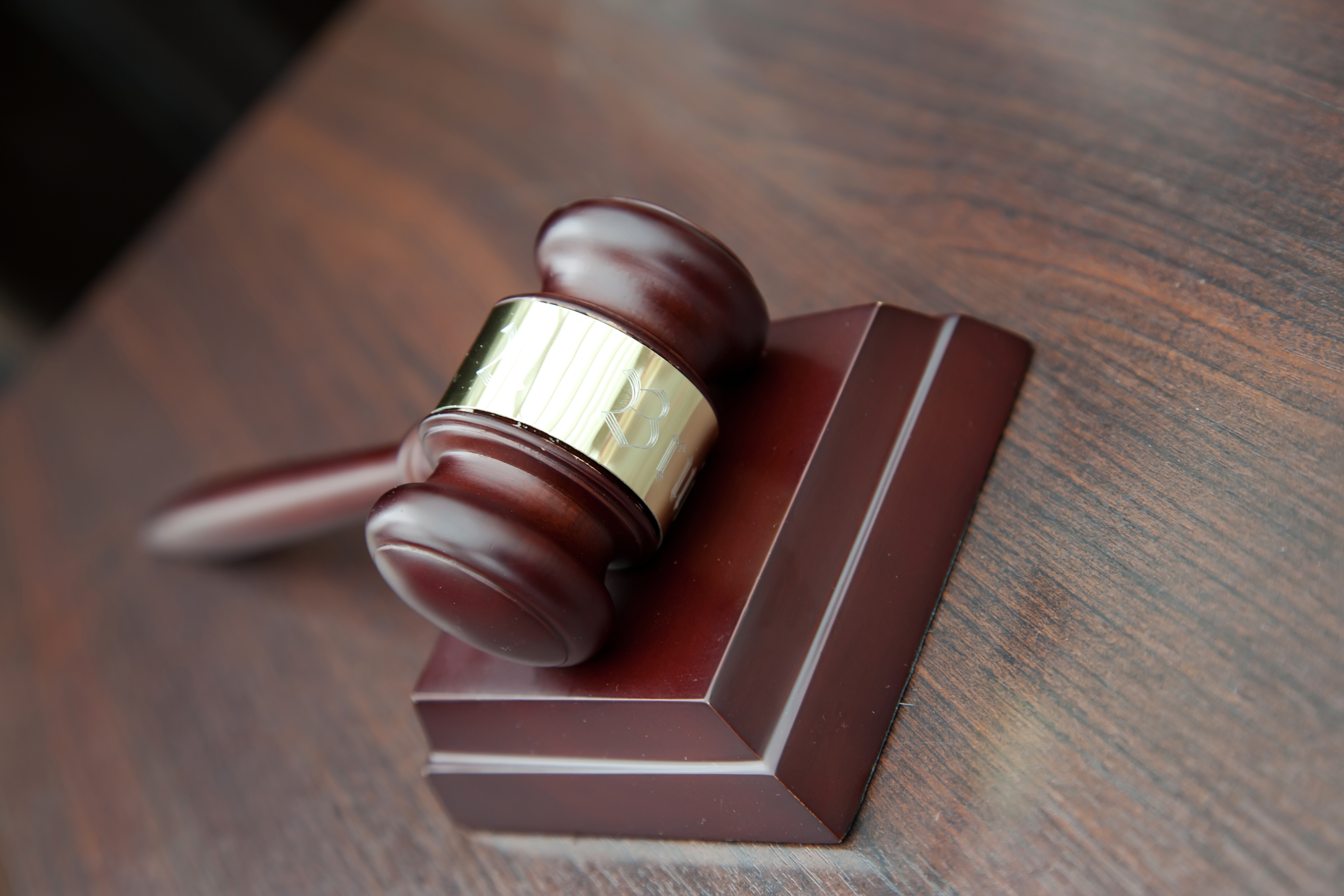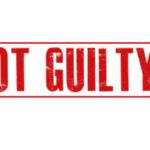Handwriting experts are not needed to testify about the analysis of handwriting samples.
If a witness can testify that they can identify a person’s handwriting to a reasonable standard of reliability, it is admissible as evidence even without an expert.

A Non-Expert Witness Perform Handwriting Analysis in Court
In United States v Harris, 786 F3d 443 (6th Cir. May 13, 2015), the court issued an opinion on an issue it had never decided before. The issue was whether a lay person’s opinion about the defendant’s handwriting is admissible under the Federal Rules of Evidence. A jury convicted Mr. Harris of mailing a threatening letter to Congressperson Candice Miller. At his trial, an FBI agent who investigated the crime, a former neighbor that had received letters from Mr. Harris, and a postal worker who had delivered letters sent by Mr. Harris all testified that they recognized Harris’ handwriting. The court indicated that none of those people were handwriting experts. Still, the testimony would be allowed because they demonstrated sufficient familiarity with Mr. Harris’ handwriting and had not gotten the familiarity for litigation reasons. The bottom line is that a layperson can perform handwriting analysis in court if familiar with the individual’s handwriting.

The History of Handwriting Analysis in Court
Forensic handwriting analysis, also known as questioned document examination, has been used for over a century to determine authenticity or authorship and compare handwriting, signatures, and other types of writing. The earliest known instance of questioned document examination was in the late 19th century, when Alphonse Bertillon, a French police clerk, used handwriting analysis to solve a forgery case. The discipline has since evolved and expanded to include various techniques and technologies, such as microscopy, ink and paper analysis, and computer-aided analysis. Handwriting analysis is now commonly used in criminal investigations and legal proceedings as a form of forensic evidence.
Defense Attorneys Discrediting the Government’s Use of Handwriting Analysis in Court
The defense attorneys with LEWIS & DICKSTEIN, P.L.L.C. may attempt to discredit the government’s use of handwriting analysis in court by arguing that it is not a scientifically valid or reliable form of evidence. They may argue that the subjective nature of handwriting analysis and the lack of standardization in the field make it difficult to determine the accuracy of the expert’s conclusion. Defense attorneys may also challenge the credentials and qualifications of the government’s handwriting analyst and the methods used in the analysis. They may also point to cases where handwriting analysis has been used incorrectly or produced false results. The admissibility of handwriting analysis as evidence in court may depend on the judge’s interpretation of its reliability and relevance to the case. Persuasively attacking and discrediting scientific evidence is complex. An experienced, intelligent defense attorney must make a compelling argument that the government’s evidence should be excluded from trial.
What is forensic evidence?
Forensic evidence refers to any physical or digital evidence collected and analyzed in a scientific manner to be used in a court of law or a similar legal proceeding. It can include a wide range of materials, such as DNA samples, fingerprints, bloodstains, firearms, and digital devices. Collecting and analyzing forensic evidence is to provide impartial and objective information that can be used to reconstruct the events leading up to a crime, identify suspects, or link a suspect to a crime scene. Forensic evidence analysis typically involves applying various scientific techniques and methods, such as microscopy, chromatography, and digital forensics. The results of these analyses may be used to support or refute a hypothesis or to provide evidence in a criminal trial. If a Michigan judge rules that forensic evidence does not have sufficient scientific reliability, such as testing blood in an OWI case, they can order its exclusion from trial.

Defense attorneys who are passionate, creative, and cutting edge.
It is extraordinary that after so many years, the issue of a non-expert’s analysis of handwriting samples has not come up before in the 6th Circuit Court of Appeals. But handwriting analysis by a lay witness in court has yet been addressed on appeal. A crafty prosecutor came up with this idea, and the judges agreed with it. Because trial court judges bend over backward to help prosecutors, you need a proficient criminal defense lawyer in your corner.
The attorneys at LEWIS & DICKSTEIN, P.L.L.C. are the people you want on your side. Prosecutors do not like to see our attorneys walk into a courtroom because they know they are there to win. Prosecutors are used to dealing with attorneys who routinely manipulate their clients to enter guilty pleas and move on to the next case. LEWIS & DICKSTEIN, P.L.L.C. does not believe in guilty pleas just for the sake of a guilty plea. Our attorneys ensure that no stone is left unturned and that they provide the best, most effective, passionate, and creative defense on the client’s behalf. Do not let a cocky prosecutor run circles around you and your attorney if you face criminal trouble. Instead, let the attorneys at LEWIS & DICKSTEIN, P.L.L.C. do the running. We can help attack the government’s use of handwriting analysis or any other alleged scientific evidence examination in court.
Call us today at (248) 263-6800 for a free consultation or complete an online Request for Assistance Form. We will contact you promptly and find a way to help you.















